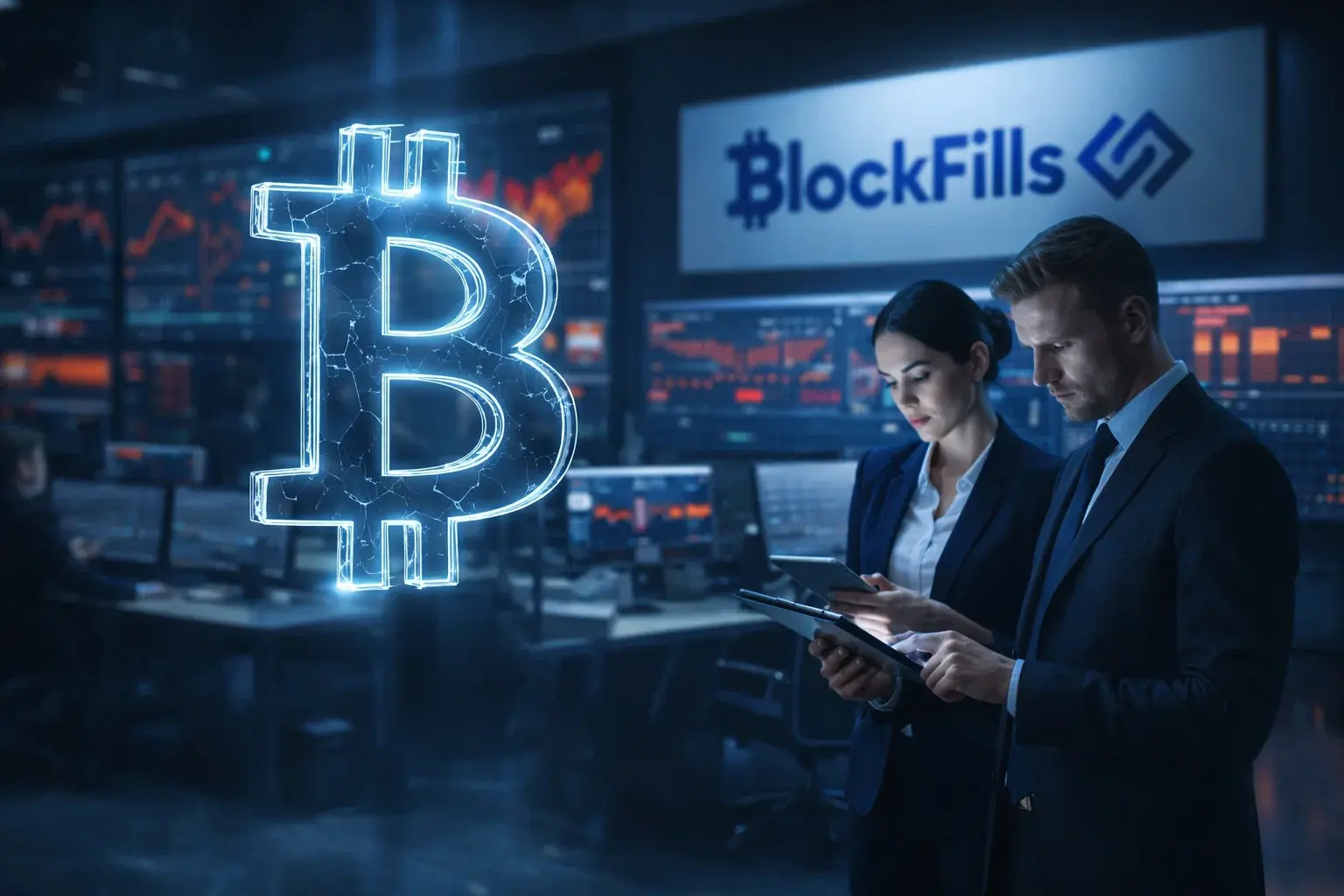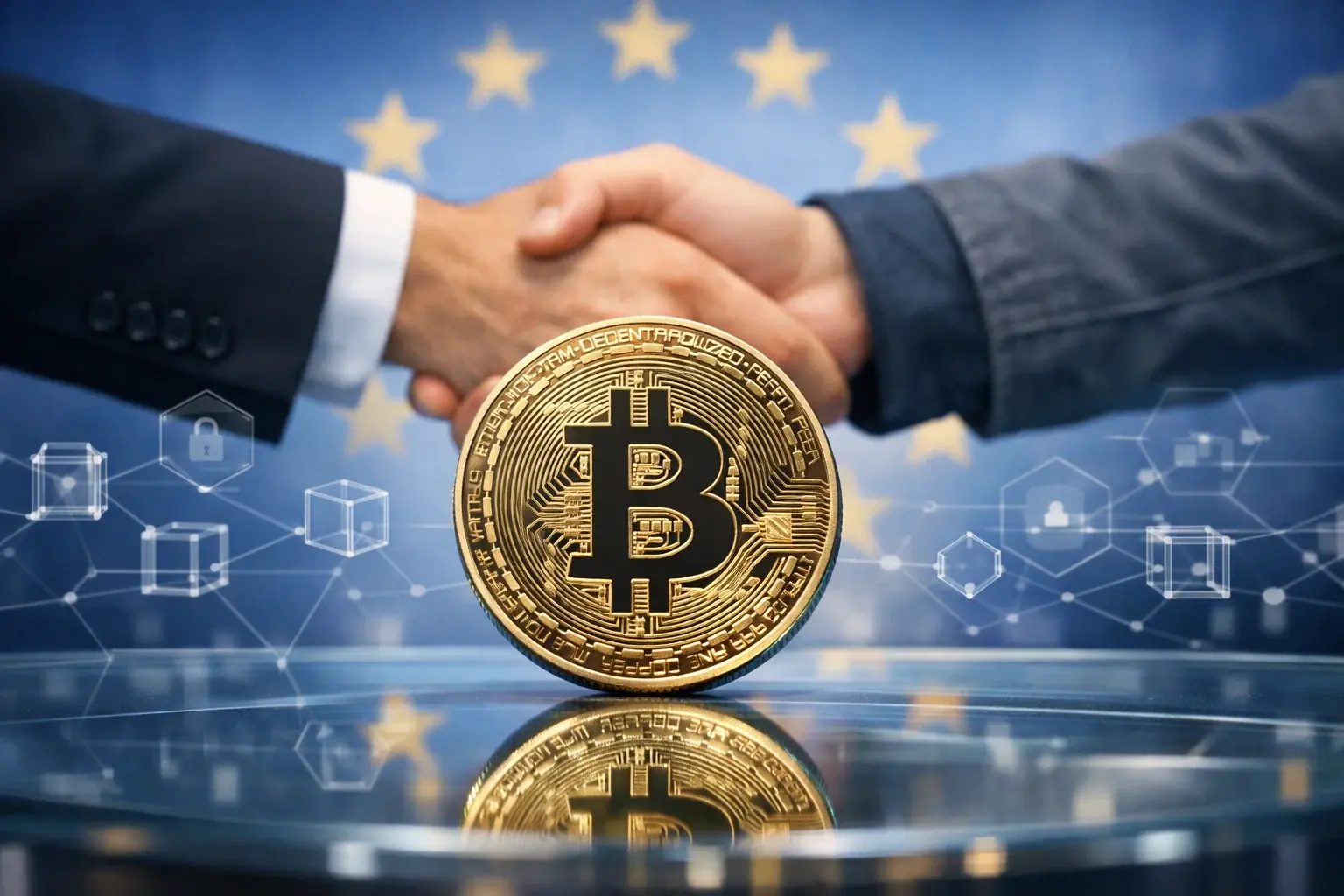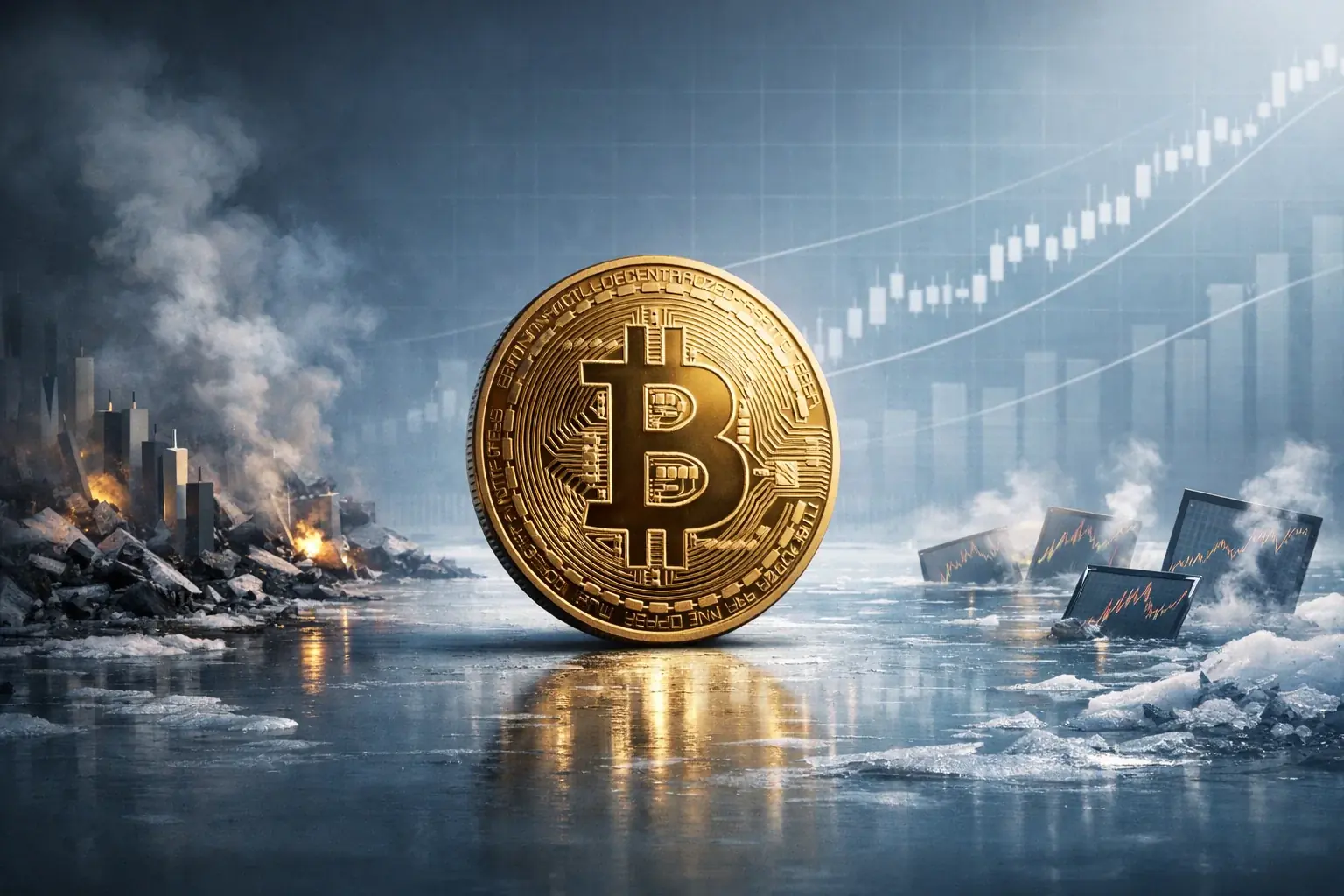Apparently, in Germany, interest in Bitcoin and cryptocurrencies is on the rise. A few days ago, here on the virtual pages of SpazioCrypto, we informed you about the collaboration between Deusche Bank and Bitpanda regarding real-time crypto payments, but today we would like to focus on the expansion strategies of Deutsche Telekom, Germany's largest telephone company. The company, in fact, seems ready to enter the world of BTC mining.
Deutsche Telekom's announcement
Deutsche Telekom T-Mobile, this is the company's full name, has announced, through the mouth of Dirk Röder, its head of infrastructure and solutions Web3, that itwould firmly enter the Bitcoin mining business. This would be an expansion of the company's operations on the crypto front, since Deutsche Telekom has been operating a Bitcoin node since last year and also owns some Lightning Network nodes.
During the industry conference BTC Prague, Röder certainly made no secret of his company's intentions, stating:
"We have been operating a Bitcoin node since 2023 and also some Lightning Network nodes. Now I want to let you in on a little secret: soon we will also be dedicated to digital monetary photosynthesis."
In fact there is even more. Deutsche Telekom has long been at arm's length in this area, being actively involved in the Web3 ecosystem as a validator for Polygon. Back in February, the company had already hinted at its strategy, by forging a partnership with Fetch.ai - a decentralised platform that deals with combining the potential of artificial intelligence with cryptocurrencies - in order to give rise to an enterprise AI that could support the phone company in navigating the uncertain waters of decentralised finance.
Deutsche Telekom and Fetch.ai
Deutsche Telekom, as validator on the blockchain, supports all autonomous, AI-based agents owned by Fetch. These agents provide their services in various sectors: from healthcare to the automotive industry, from logistics chains to digital identities. The role they play is quite important, as they manage resources, carry out transactions and analysing all traffic flows.
Artificial intelligence is at the cutting edge, and this also applies to the cryptocurrency sector. The fact that Deutsche Telekom has chosen to support it in this area gives a pretty good indication of what its intentions are in this area. We are in fact dealing with a giant operating in a different segment, but one that is increasingly approaching the world of DeFi. This does not only mean an injection of liquidity and interest in this world, but also the presence of a powerful new player.
Deutsche Telekom's Announcement is a Turn in the Telecom Sector
Deutsche Telekom is the largest telecommunications provider in Europe. The fact that its Web3 infrastructure manager appears on stage at the continent's leading cryptocurrency conference wearing a shirt with a pink BTC logo graphic is already, in itself, quite significant as a endorsement.
When we add to this the fact that Röder, in response to questions from the influencer Joe Nakamoto, who has always focused on the BTC world and who accompanied him on stage in Prague, confirmed the company's intention to go into mining with a peremptory: "We will!", we can imagine that the impact of the statement is at least significant.
Numerous industry analysts have branded this decision by Deutsche Telekom as a natural expansion. After all, we are talking about a company that has been interested in crypto for some time. The implications of the move, however, could be significant. The public's perception of BTC could improve and the telecommunications company's announcement could attract new wealthy investors. Deutsche Telekom, a stable and reliable company, could, for its part, contribute to greater stability and security of the entire network Bitcoin.








